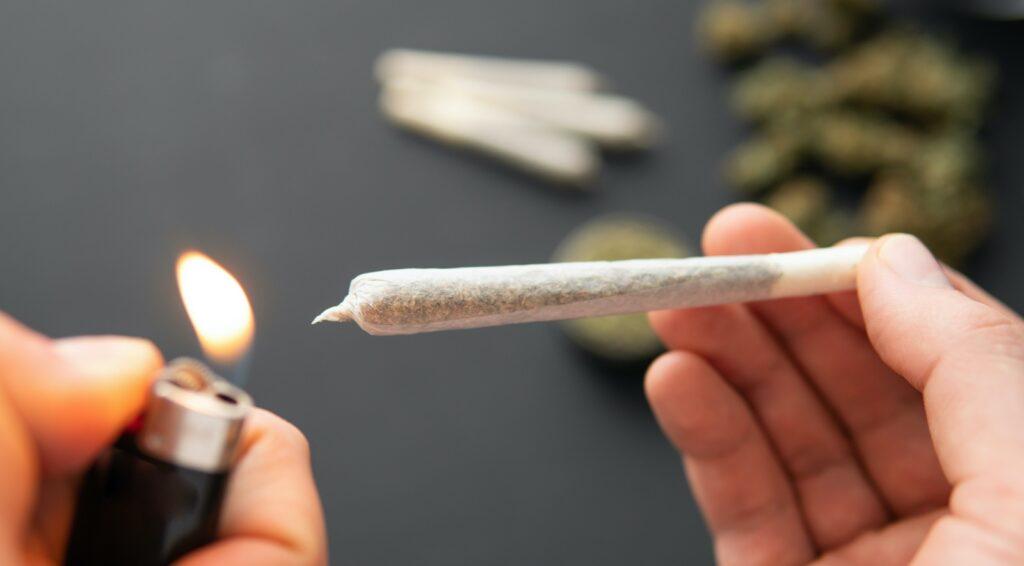According to a new study funded by a federal grant those with anxiety “reported better sleep after cannabis-use-only and after co-use, but not after alcohol-use-only.”
 “Sleep problems and anxiety conditions are common comorbidities and may be influenced by cannabis and alcohol use”, begins the study’s abstract. “This study examined daily within-person variation in subjective sleep quality among individuals with anxiety symptoms after cannabis or alcohol were used alone, and after co-use.”
“Sleep problems and anxiety conditions are common comorbidities and may be influenced by cannabis and alcohol use”, begins the study’s abstract. “This study examined daily within-person variation in subjective sleep quality among individuals with anxiety symptoms after cannabis or alcohol were used alone, and after co-use.”
The study was published in the journal Drug and Alcohol Review, and it was conducted by researchers at the University of Colorado, the University of Haifa and Colorado State University
A total of 347 individuals with intentions to use cannabis to cope with anxiety reported their cannabis and alcohol use in the previous 24 hours and their previous nights’ sleep quality for 30 consecutive days.
“Mixed-effects models examined whether the within-person daily variation in use of cannabis and alcohol (alone and co-use) was associated with subjective sleep quality”, states the study. “Models also examined whether daily cannabis and alcohol use associations with sleep were moderated by frequency of cannabis, alcohol and co-use during the study period.”
Researchers conclude:
The study’s utilisation of naturalistic data among individuals with anxiety symptoms replicated previously reported experimental findings among individuals without sleep and anxiety problems that overall, cannabis is associated with higher subjective sleep quality. The results expand upon other research to suggest that more frequent use of alcohol and cannabis may moderate daily associations of cannabis use and sleep, potentially through pharmacokinetics and cross-sensitisation.







